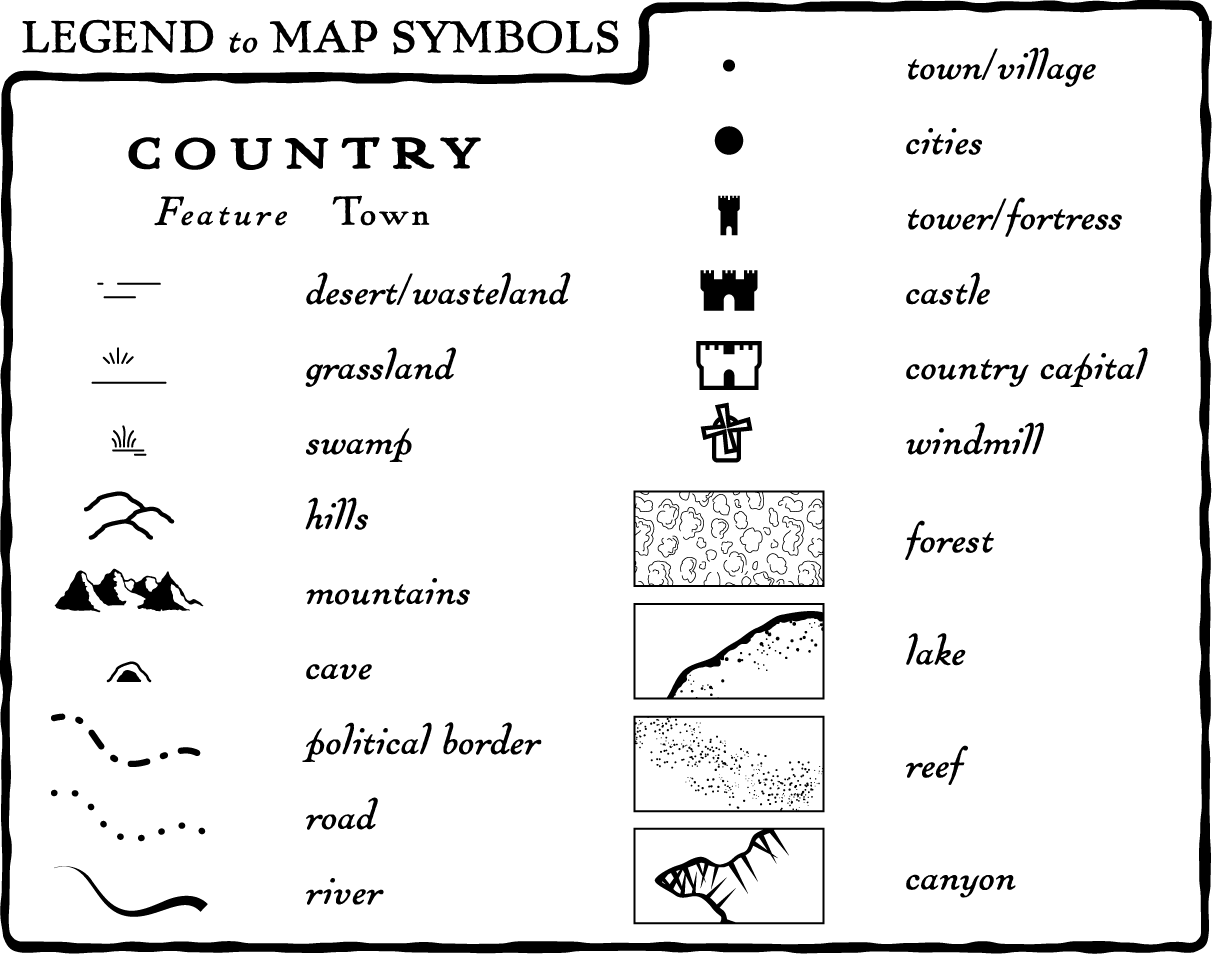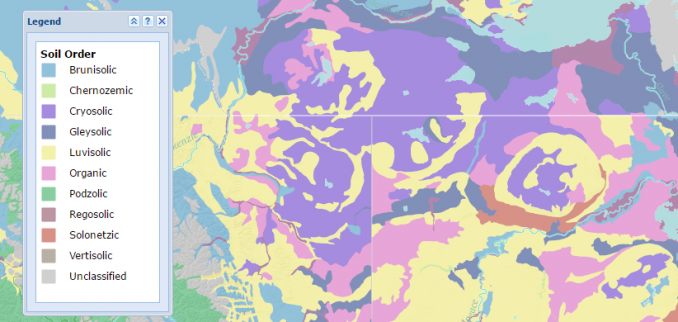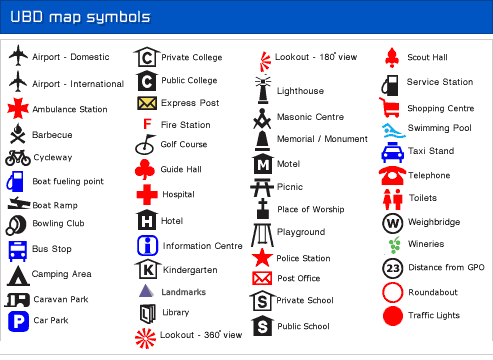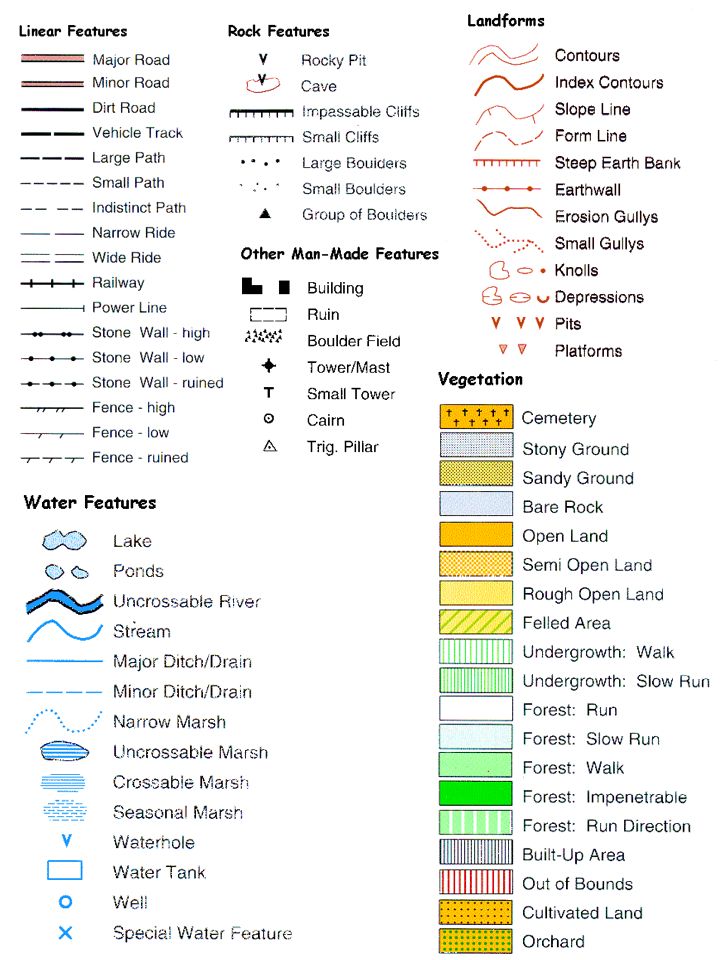The Essential Guide to Map Legends: Understanding the Key to Effective Cartography
Related Articles: The Essential Guide to Map Legends: Understanding the Key to Effective Cartography
Introduction
With great pleasure, we will explore the intriguing topic related to The Essential Guide to Map Legends: Understanding the Key to Effective Cartography. Let’s weave interesting information and offer fresh perspectives to the readers.
Table of Content
The Essential Guide to Map Legends: Understanding the Key to Effective Cartography

Maps are powerful tools for conveying spatial information. They can guide us through unfamiliar landscapes, illustrate the distribution of resources, or depict complex social phenomena. However, the effectiveness of any map hinges on its ability to be clearly understood by its audience. This is where the map legend, also known as a map key, plays a crucial role.
What is a Map Legend?
A map legend is a crucial component of any map, acting as a visual dictionary that deciphers the symbols, colors, and patterns used to represent different features on the map. It provides a clear and concise explanation of what each element signifies, enabling viewers to understand the map’s content and interpret its data accurately.
Importance and Benefits of Map Legends
The map legend serves as a bridge between the visual representation on the map and the real-world information it conveys. Its importance can be summarized as follows:
- Clarity and Accessibility: Legends ensure that the map’s symbols and representations are understandable to a broad audience, regardless of their familiarity with the subject matter.
- Accuracy and Precision: By providing clear definitions for each symbol, the legend guarantees that the map’s information is interpreted correctly, reducing ambiguity and potential misinterpretations.
- Efficiency and Ease of Use: Legends streamline the process of map interpretation, allowing viewers to quickly and easily decode the map’s content, saving time and effort.
- Universality and Standardization: Map legends adhere to established conventions and standards, promoting consistency and facilitating cross-disciplinary communication.
- Enhanced Comprehension: Legends provide context and background information, enabling viewers to understand the relationships between different features and their significance within the larger spatial context.
Types of Map Legends
Map legends can be categorized based on their format and content:
- Textual Legends: These legends utilize text descriptions to define symbols, colors, and patterns. They are commonly used in maps with a limited number of features and symbols.
- Graphical Legends: These legends use visual representations alongside text descriptions, providing a more intuitive and visually engaging explanation of the map’s elements.
- Combined Legends: These legends combine both textual and graphical elements, offering a comprehensive and user-friendly approach to decoding the map’s symbols.
Location and Placement of Map Legends
The placement of the map legend is crucial for its effectiveness. It should be:
- Clearly Visible: Located in a prominent position, easily accessible to the viewer, without obstructing important map features.
- Close to the Map: Situated within the map’s borders or in close proximity, facilitating easy reference.
- Logical and Consistent: Placed in a consistent location across multiple maps for ease of navigation and understanding.
Elements of a Well-Designed Map Legend
A well-designed map legend should incorporate the following elements:



![]()



Closure
Thus, we hope this article has provided valuable insights into The Essential Guide to Map Legends: Understanding the Key to Effective Cartography. We thank you for taking the time to read this article. See you in our next article!